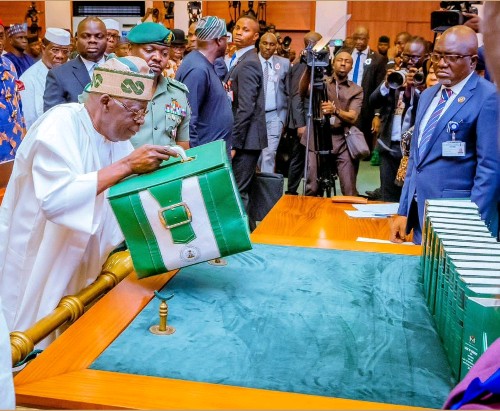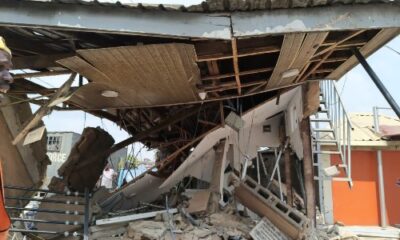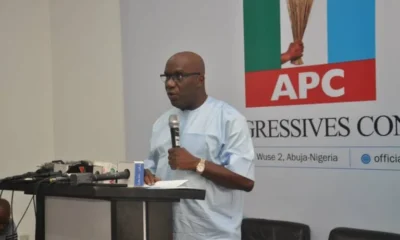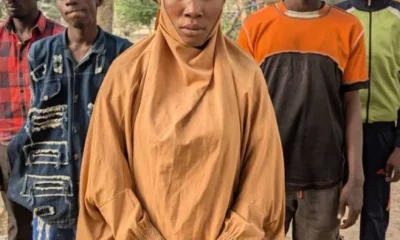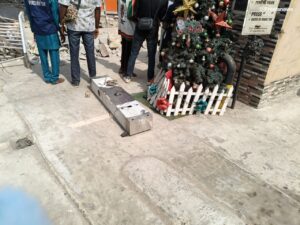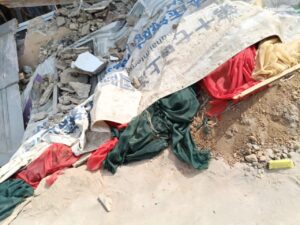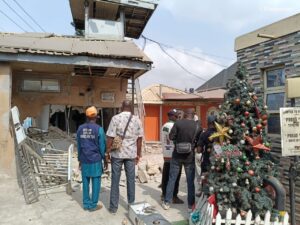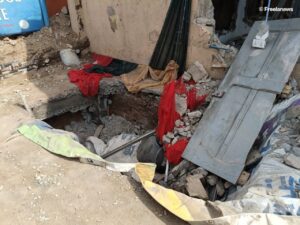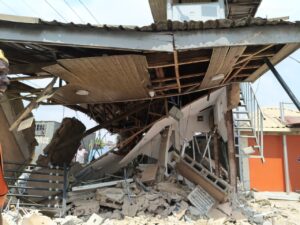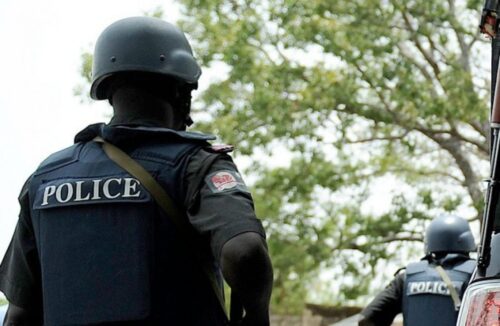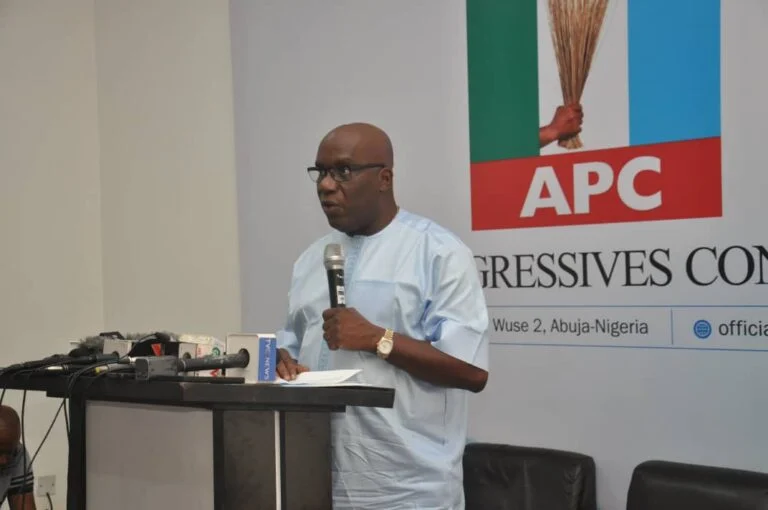BIG STORY
2024 Budget: Ministries, Departments, Agencies To Spend N14bn To Buy Computers, N28bn For Software
-

 BIG STORY2 days ago
BIG STORY2 days agoPresident Tinubu Speaks On $1trn Economy, Youth Confab, Taming Inflation In New Year Message [READ FULL TEXT]
-

 BIG STORY2 days ago
BIG STORY2 days agoYouth Confab To Begin In First Quarter Of 2025 — President Tinubu
-

 BIG STORY1 day ago
BIG STORY1 day agoNaijahottestgist Unveils Man Of The Year, Company Of The Year, Young Person Of The Year, And Public Servant Of The Year!
-

 BIG STORY2 days ago
BIG STORY2 days ago2025: President Tinubu’s Reforms Will Unlock Nigeria’s Potentials — First Lady To Nigerians
-

 BIG STORY4 days ago
BIG STORY4 days agoJUST IN: Warri Refinery Has Resumed Operations — NNPCL
-

 BIG STORY23 hours ago
BIG STORY23 hours agoNNPCL Extends Open Invitation To Former President Obasanjo For Tour Of Port Harcourt Refinery
-

 BIG STORY6 hours ago
BIG STORY6 hours agoInside Jigawa: One Dead, Groom Hospitalised As Bride Allegedly Poisons Wedding Guests
-

 BIG STORY4 days ago
BIG STORY4 days agoLagos Heads To Supreme Court Over Judgment Nullifying Femi Olaleye’s Rape Conviction





